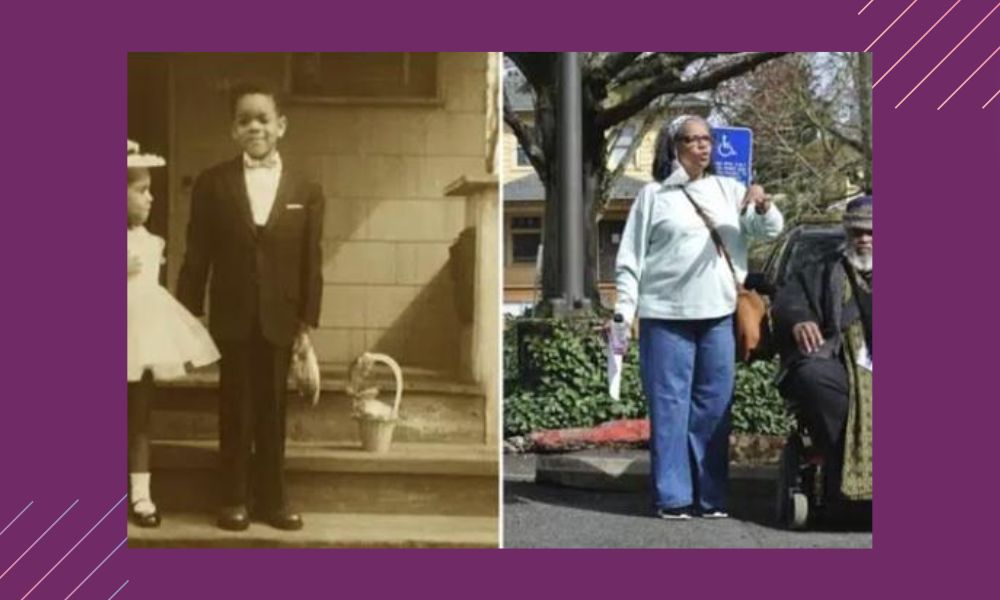Bobby Fouther's childhood home is now a parking lot. The two-story, shingle-sided house was torn down in the 1970s, along with many other buildings in a Portland, Oregon, neighborhood that was mostly Black.
"It was all about love when I was growing up there," Fouther said.
Fouther and his sister, Elizabeth Fouther-Branch, are two of 26 Black people who either lived in the neighborhood or are descendants of former residents. They are now suing Portland, the city's economic and urban development agency, and Legacy Emanuel Hospital, accusing them of "racist" destruction of the homes and forced relocation.
The lawsuit, which was filed Thursday in federal court in Portland, shows how urban improvement projects and the building of highways in the United States often hurt neighborhoods that aren't mostly white.
A 2020 report by Pew Charitable Trusts, a nonprofit public policy group based in Pennsylvania, says, "In many cases, city and state planners built through Black neighborhoods on purpose to clear so-called slums and blighted areas."
People from racial minorities were often forced to live in all-white neighborhoods because of "redlining," which is when banks refuse to give home loans to people of a certain race, and because of laws that kept all-white neighborhoods that way.
The lawsuit says that Fouther's great-aunt and her husband bought a house in Portland's Albina neighborhood in 1934. He and his sister went there almost every day.
But even though people bought homes and built lives in Albina, they had to leave because of something called "urban renewal" and the building of a highway.
In the 1950s and 1960s, Interstate 5 and Veterans Memorial Coliseum, which was the first home of the NBA's Portland Trail Blazers, were built, cutting Albina into pieces. But then it was said that the hospital would grow.
Between 1971 and 1973, the Portland Development Commission tore down about 188 properties. Of these, 158 were homes, where 88 families and 83 single people lived. According to the lawsuit, 32 businesses and four churches or community groups were also destroyed. 74% of the households that were moved against their will were Black.





No comments:
Post a Comment